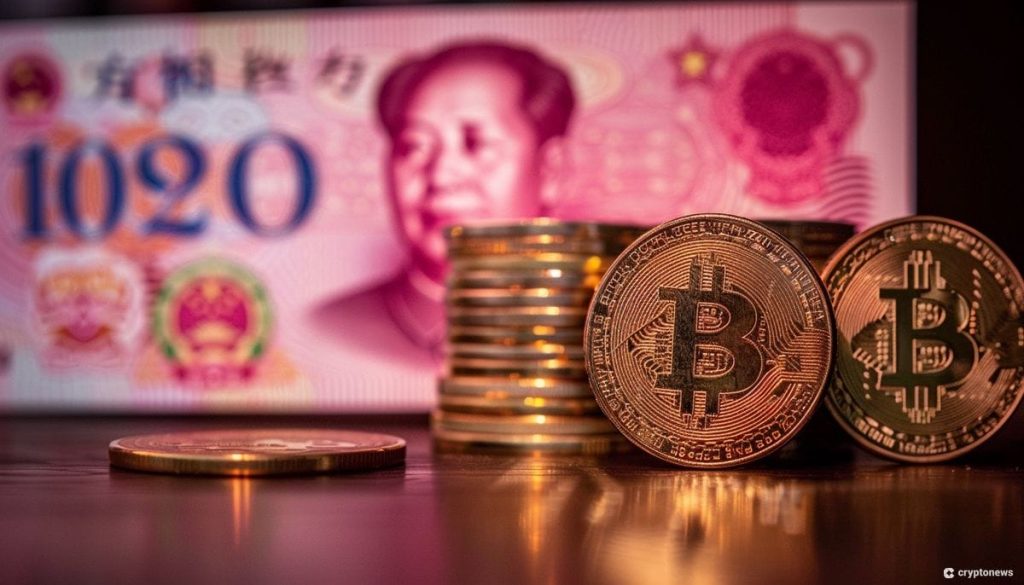Yao Qian, a key figure in China’s central bank digital currency (CBDC) project, is currently under investigation for suspected violations of law and discipline. Qian played a significant role in leading the research efforts at the People’s Bank of China to develop and issue a digital yuan, but he left the central bank in 2018 and has been working at the China Securities Regulatory Commission. Specific details about the allegations against Qian have not been disclosed. His involvement in the CBDC project had a notable influence not only within China but also globally, as other major jurisdictions have been exploring central bank-issued digital currencies in response to China’s initiatives.
The investigation into Qian’s alleged wrongdoing comes at a time when China is making significant progress in the implementation and testing of its digital yuan, also known as the Digital Currency Electronic Payment (DCEP) system. The disciplinary review and supervision of the investigation are being conducted by the Discipline Inspection and Supervision Team of the State Commission for Discipline Inspection at the China Securities Regulatory Commission, as well as the Supervisory Committee of Shanwei City, Guangdong Province. Qian’s current situation raises questions and concerns about the future development of China’s CBDC and its potential impact on the global landscape of central bank-issued digital currencies.
As the creator of China’s CBDC and a prominent pro-blockchain official in the country, Yao Qian’s investigation has attracted attention both domestically and internationally. With 130 countries currently exploring CBDCs and 19 G20 countries in the advanced stages of development, the global interest in digital currencies is growing. While China has fully launched its CBDC, other countries, including the United States, are still in the process of developing their own digital currencies. China’s progress in regulating cryptocurrencies and decentralized finance is also a key aspect of its digital currency initiatives, with the People’s Bank of China emphasizing the need for effective regulation and coordination among different countries.
In its latest financial stability report, the People’s Bank of China addressed issues related to cryptocurrency regulation and decentralized finance, highlighting the importance of joint efforts by countries to regulate the industry effectively. Despite banning virtually all crypto transactions and cryptocurrency mining, mainland China remains a major crypto-mining hub. The country is set to revise its anti-money laundering law to address the risks associated with virtual assets, with a focus on combating money laundering involving virtual assets. Legal scholars have indicated that the proposed amendment aims to strengthen measures against money laundering in the digital asset space.
The global landscape of central bank-issued digital currencies is evolving rapidly, with China at the forefront of these developments. With Yao Qian’s investigation casting a shadow over China’s CBDC project, there are uncertainties about the future of the digital currency and its potential impact on the broader financial ecosystem. As more countries explore the possibilities of issuing their own digital currencies, regulatory challenges and coordination efforts will become increasingly important. China’s proactive stance on regulating cryptocurrencies and decentralized finance reflects its commitment to maintaining financial stability while embracing innovation in the digital asset space.


